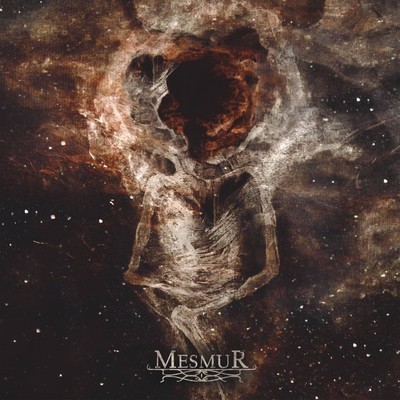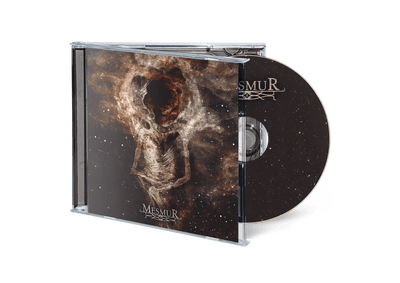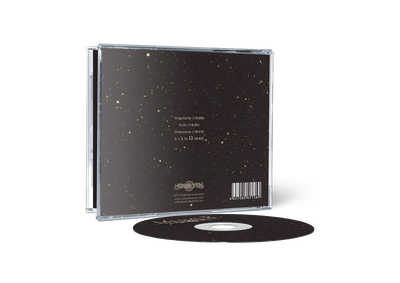Последователь сокрушительного одноименного дебюта Mesmur, альбом «S», - это апокалиптическое исследование безумия космоса в жанре funeral doom. Сочетая прямые и жёсткие рифы с ледяной атмосферой бездны, «S» создает тревожный, но все же прекрасный образ хаотической пустоты, которой является наша Вселенная. Громкий удар, эхом раздающийся в камере человеческих страданий, Mesmur стремится уловить звуки мира, который с самого начала был обречен. Под руководством лидера коллектива, который ранее дал жизнь прогрессивной блэк-металлической группе Dalla Nebbia, Mesmur представляет собой немного больше, чем просто funeral doom. Смешивая влияния различных команд, от погребальных песнопений Evoken до завораживающей атмосферы Neurosis, Mesmur демонстрирует разнообразие в жанре.
Треклист:
1 Singularity 15:06
2 Exile 14:35
3 Distension 16:24
4 S = k ln Ω 6:48
Артист:
Mesmur
Страна артиста:
International
Год альбома:
2017
Название:
S
Стиль:
funeral doom metal
Формат:
Compact Disk
Тип:
CD
Упаковка:
Jewel Case
Лейбл:
Solitude Productions
Кат. номер:
SP. 127-17
Год издания:
2017
Штрих-код:
4627080611269
Страна-производитель:
Russia























































